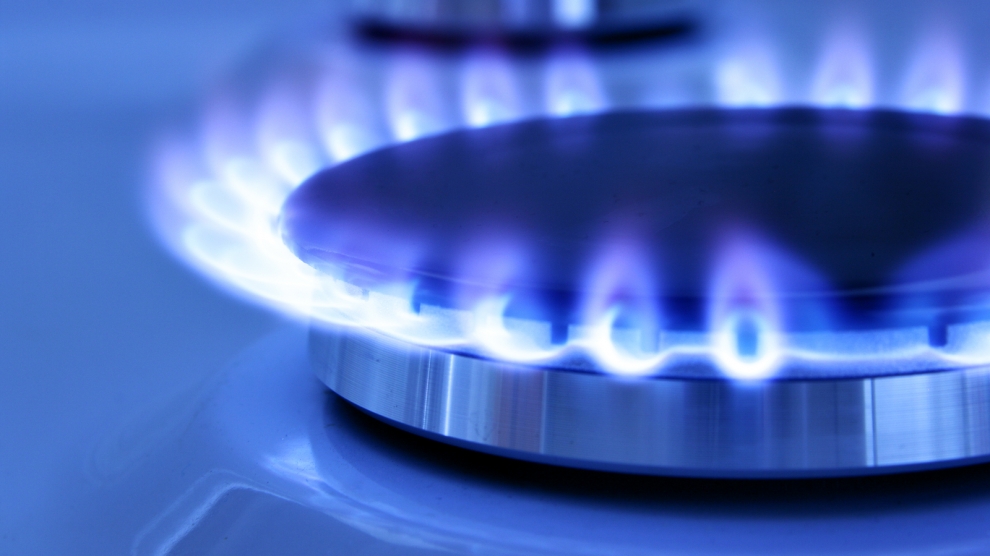The European Union has welcomed a new agreement on natural gas to ensure that pipelines with third countries comply with EU gas rules.
The European Commission first proposed amendments for gas pipelines entering the European gas market in 2017, due to the fact that the European Union’s dependency on imported natural gas continues to rise and is likely to continue to do so as domestic gas production falls. The share of net gas imports as compared with the EU’s total gas consumption was 74.4 per cent in 2017. The biggest gas importer to the EU is Russia (42 per cent), followed by Norway (34 per cent) and Algeria (10 per cent).
The aim of the proposal is to improve the existing gas directive and ensure that the principles of EU energy legislation (third-party access, tariff regulation, ownership unbundling and transparency) apply to all gas pipelines to and from third countries. The new agreement also enhances transparency and cooperation among competent national authorities.
“This is a major step forward in the creation of a truly integrated internal gas market which is based on solidarity and trust with full involvement of the European Commission,” said Energy Commissioner Arias Cañete.
The 1,200-kilometer undersea pipeline, Nord Stream 2, will be particularly affected. The joint venture between the Russian company Gazprom, Engie of France, OMV of Austria, the Anglo-Dutch company Royal Dutch Shell, and the Germany companies Uniper and Wintershall aims to deliver 55 billion cubic metres of Russian natural gas per year to the European Union via the Baltic Sea, bypassing Ukraine. It has raised huge concerns both within the EU and the United States. Central and Eastern Europe strongly opposed the project, as did the US.
“Today, Europe is closing a loophole in the EU legal framework. The new rules ensure that EU law will be applied to pipelines bringing gas to Europe and that everyone interested in selling gas to Europe must respect European energy law. Together with the previously agreed rules on security of gas supply and intergovernmental agreements, Europe has given itself a strong set of tools to deal effectively and collectively with our external energy suppliers,” Mr Cañete continued.
Following this provisional political agreement, the text of the directive will have to be formally approved by the European Parliament and the European Council.

